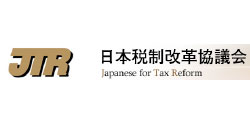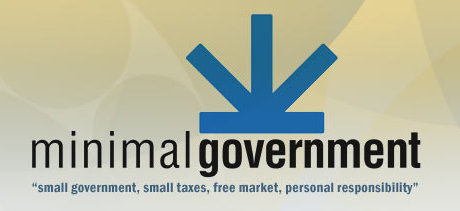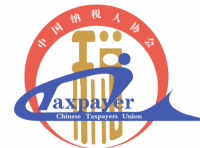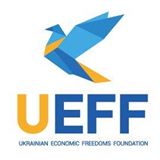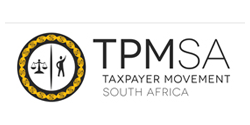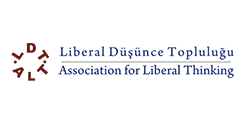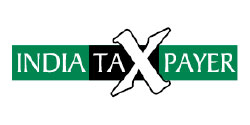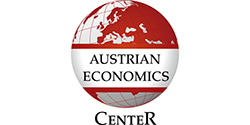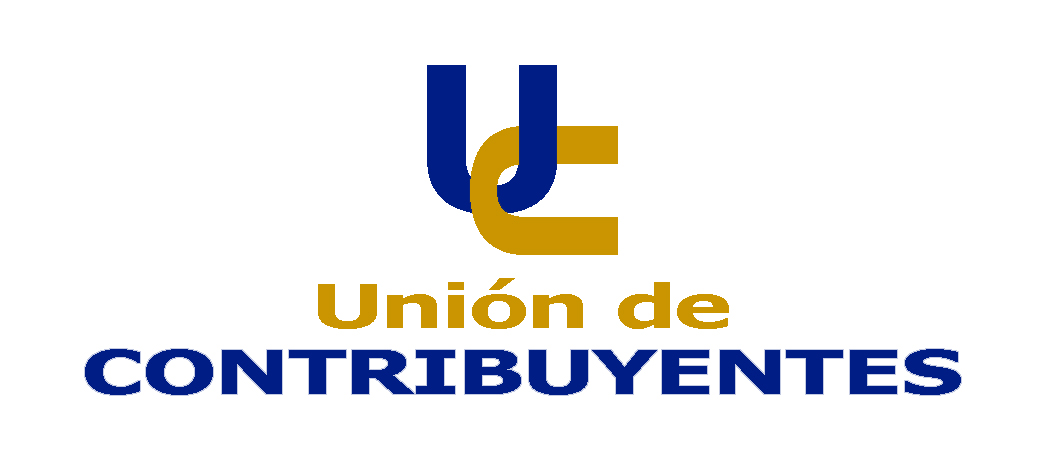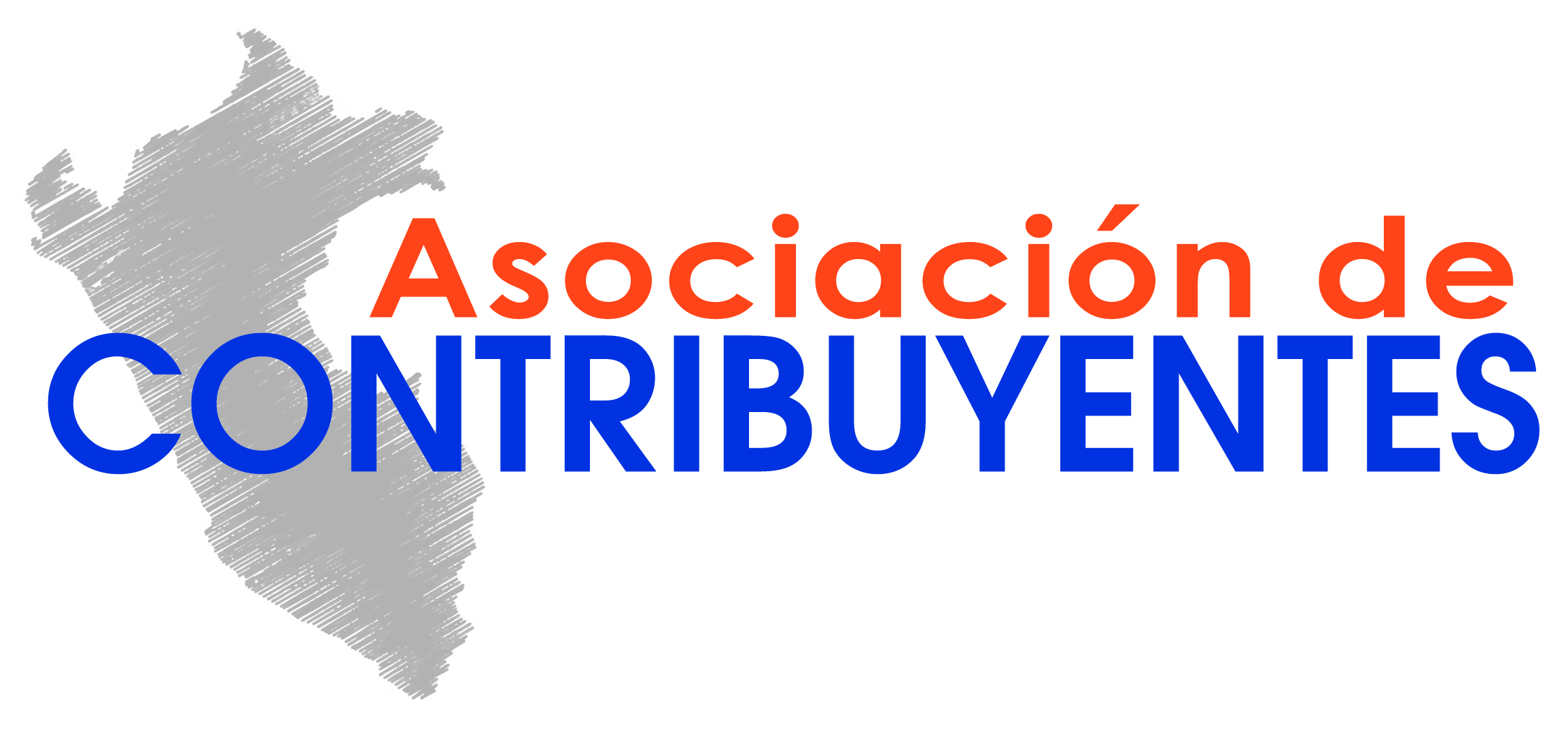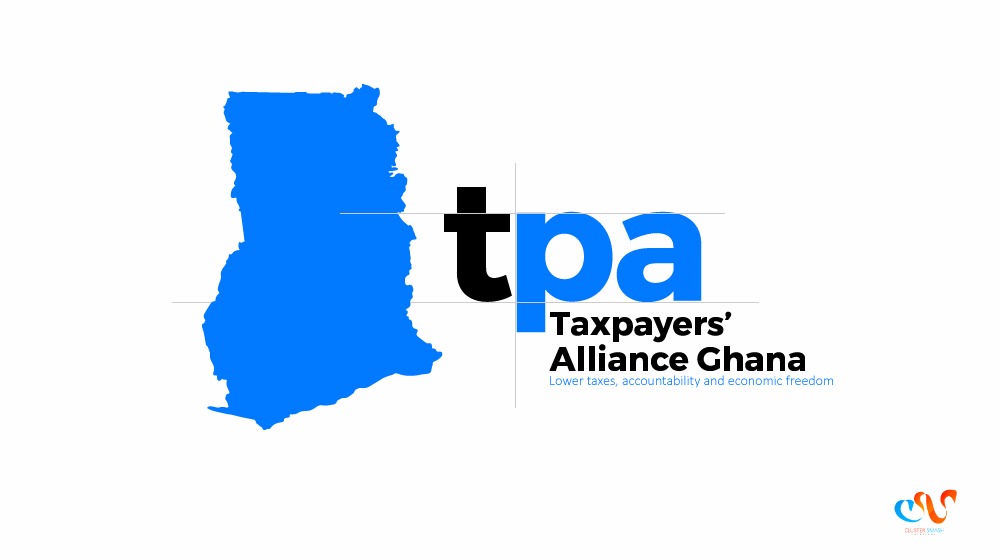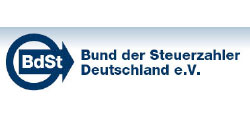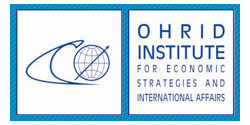International Taxpayer Leaders Forum Newsletter, N.37
6 November 2015
International Taxpayer Leaders Forum Newsletter, N.37 – November 6, 2015
Follow us on Twitter
@taxpayerforum
News
Two Videos about the Interchange Fees by Australian Taxpayers’ Alliance
The Australian Taxpayers’ Alliance is a non-profit, free-market advocacy organization very similar to Americans for Tax Reform, and is a member of the International Alliance for Electronic Payments. They have produced the following two videos in response to the Australian Central Bank’s proposal to further regulate Interchange Rates. Here is the YouTube version of the shorter of the two videos: Video One & Video Two
North America
What Places Benefit Most From the Earned Income Tax Credit?
The Earned Income Tax Credit is a policy designed to help working Americans with low incomes. For a more general overview of what it does, I’ll refer you to this piece we put together last year, which explains it in more detail. The EITC is claimed by individual tax filers, of course, but if you map the claims on a more regional basis, you can see how the EITC is also—aggregated over millions of filings—a program that delivers an influx of cash to distressed areas in the United States. Continue Reading
Playing Politics With Internet Taxes
Lost in the news about how Congress avoided a government shutdown until December 11 by passing a short-tem funding extension was that the Internet Tax Freedom Act (ITFA) was extended for the same duration, continuing the long-standing moratorium on Internet taxes. Otherwise the moratorium would have ended on September 30, and consumers would have felt a hit in the pocketbook almost immediately. ITFA was first signed into law in 1998, and it has been extended repeatedly. Originally intended to be permanent but negotiated to be temporary, the Act bans federal, state and local governments from imposing discriminatory taxes on online sales and Internet access. Continue Reading
Reforms Cuba Needs
Fidel Castro took over the power in 1959. Shortly afterwards, he took one measure after another to dismantle all independent institutions and eliminate all individual liberties. As a consequence, all power was concentrated on him and him alone. He did not only consider that he has the right to decide on every aspect of the life of the society and any individual, but also that he has the right to decide how the society has to function for the next generations. By 2002, he changed the Constitution and declared that the laws imposed by himself cannot be invalidated by any means. Continue Reading
Trudeau tax changes a mixed bag
Canadians have chosen a change in government for the first time in a decade. Justin Trudeau’s Liberals sailed to a majority government Monday on a message of change. So what will this “change” mean for Canadians’ pocketbooks? A look at the Liberal election platform tells us it’s a mixed bag. Continue reading
SLATE POLITICS: COMING SOON TO A CITY HALL NEAR YOU
Video killed the radio star. But it’s Peter Fassbender who is about to kill the independent civic politician. Last week, the BC Minister of Community, Sport and Cultural Development rolled out legislation that would limit the amount of money municipal candidates could spend on their campaigns. But this new law will have an unfortunate, unintended consequence – it will prompt civic politicians across BC to run together on slates in order to pool spending limits and allow them to share expenses. Why send out one advertising piece, when you can be on six by running a slate? Continue reading
CTF Urges Minister Bains To Refuse Further Handouts for Bombardier
The Canadian Taxpayers Federation (CTF) is calling on new Innovation, Science and Economic Development Minister Navdeep Bains to reject requests from the government of Quebec and Bombardier to pledge additional federal tax dollars towards the hapless aerospace company. “We congratulate Minister Bains on his new appointment, and welcome the new Trudeau government’s pledge of ‘real change’,” said CTF Federal Director Aaron Wudrick. “If the minister is looking for a concrete way to demonstrate real change right out of the gate, he has an excellent opportunity to do so by refusing Bombardier’s pleas for yet another bailout.” Continue Reading
Europe
POLITICO Brussels Playbook, presented by Google: Single market day — Migration ultimatums — Talking to Turkey
COMMISSION WILL LAUNCH A NEW INTERNAL MARKET STRATEGY TODAY: The need to complete Europe’s single market is perhaps the biggest thing a strong majority of European leaders and citizens still agree on. President Juncker and his team (led by Vice President Katainen and Commissioner Bieńkowska) launch this strategy at noon CET to fill in the gaps. It will be a series of targeted actions rather than a big bang approach. Expect: Continue Reading
Destabilization of Polish Public Finance Instead of Reforms
In the end of September 2015 Civil Development Forum (FOR) organized press conference to inform about the 5th anniversary of the public debt clock located in the city center of Warsaw. In Poland, public expenditures have significantly exceeded revenues for many years. This, in turn, led to higher public debt. At the same time, none of the parties in power has conducted a comprehensive reform of the public finance in the last 10 years. Meanwhile, the pre-election campaign is dominated by costly promises instead of reforms necessary to lower the deficit and public debt. Continue Reading
Tragic Story of Slovakian Declining Competitiveness
In the most recent ranking of the World Economic forum, which compares the competitiveness of 140 countries around the world, Slovakia ranked 67th. Since we ranked 8 places higher the year before, the media presented this as positive news. If we, however, look at the long-term evolution of the Slovak economy’s competitiveness not only in this, but in other rankings, we realize that the picture we are looking at is drastically different. What becomes apparent is a tragic story of a dramatic decline in our competitiveness. Continue Reading
Populism Behind Land Ownership Regulation in Bulgaria
A lack of reasoned argumentation when legislating is not uncommon practice of the Bulgarian Parliament. According to our expert assessments, at least 70% of all submitted for consideration drafts of normative acts are with no justification and assessment of expected costs and benefits. This leads to wrong policies, costly policy mistakes, burdened businesses, unpredictable business environment and opportunities for lobbyist to act in favour of specific groups. Continue Reading
Tax and IP: follow the money
The release of the final BEPS reports may prompt a detailed analysis of a corporation’s global tax structure, including the location of IP ownership and profit-generating activities, says Linda Pfatteicher of Squire Patton Boggs. In the wake of the October 5, 2015 release of the final package of “Base Erosion and Profit Shifting (BEPS)” reports from the OECD, as well as the European Commission’s decision on October 21 accusing Fiat and Starbucks of violating EU state aid rules, multinational corporations are looking at their intangible property ownership globally and assessing what, if any, changes need to be made to their global transfer pricing structures. Continue Reading
Commission seeks to remove EU “digital borders” in e-commerce sector inquiry
On 6 May 2015, the European Commission launched an inquiry into the e-commerce sector, addressing concerns that commercial arrangements between private companies are unjustifiably restricting cross-border online trading. Although the Commission is looking at a wide range of arrangements, the inquiry centres on “geo-blocking” and other measures that the Commission considers prevent consumers from freely choosing an online “e-tailer” or content provider. The first set of information requests has already been sent to a vast number of companies, such as wholesalers, suppliers, online retailers and online content service providers. The Commission has set out to publish a preliminary report for consultation in 2016 and a final report in the beginning of 2017. Continue Reading
Greece: Bailout reforms go to parliament on Thursday
A bill to enact a number of the reforms required by the Greek bailout deal will go to parliament for approval on Thursday. The bill includes some, but not all measures which Greece’s European creditors require if the next tranche of next €2 billion ($2.2 billion) tranche of its three-year, €86 billion bailout loans. One such measure is the reduction of the number of installments Greek citizens can have in repaying money owed in taxes or social security. Currently, they can enjoy 100 installments, but the bill would limit that number in certain cases. Continue reading
No way, Norway!
The Economist discussed recently the necessary ‘devolution’ of the Scandinavian model in Norway, following similar trends in Sweden and Denmark. The article makes several good points about the effects of bureaucratization and high-tax welfare on entrepreneurship and corporate culture in a country where the government owns 40% of the stock market and employs 33% of the workforce (almost double the percentage in OECD countries). Continue Reading
Asia
Asean united in fighting IS
During Malaysia’s tenure in chairing the Asean Defence Ministers’ Meeting Plus (ADMM Plus) here this year, it has gained cooperation and unanimous agreement of all 10 Asean members to jointly declare their stand against the Islamic State (IS) threat. Defence Minister Datuk Seri Hishammuddin Hussein said he also saw commitments by the expert working groups on cooperation of the six priority areas, among others was supporting regional stability and the fight against terrorism. “ADMM have shown a united front to the world and work very hard to endure that capable to address our ever changing security threats “Security threats today are no longer one nation affairs, we can never be completely insulated from problems beyond our borders,” he said. Continue Reading
How Beijing and the West Work Together to Manipulate the Global Currency War
From reading the commentaries you might have imagined that the process of a currency winning international reserve status depends on getting the IMF seal of approval. At least that seems to be the story with China. So, strange to tell, the great international monies of the past evolved either before the IMF was created or without its help. Think of the Deutsche mark and Swiss franc — the two upstarts of the 1970s and 1980s — or briefly the Japanese yen when it enjoyed great popularity. Their emergence was due to the path of monetary stability chosen by their issuing authorities together with complete freedom from restrictions. So why is the world of currency diplomacy now playing along with the nonsense of the IMF examining whether the Chinese yuan has met the criterion to become a reserve currency? Continue Reading
Philippines still needs to cut costs in international trade
The most hard working, most efficient persons will not be able to produce all the goods and services that they need for themselves and their families. But there are always other people willing to produce these things or render these services in exchange for money, useful goods, and services. On the macro level, no country or economy can prosper quickly without trade. And that includes countries that incur frequent trade deficits (in which their imports exceed their exports). Imported machines, vehicles, and computers become inputs for several activities used for the production of goods and services in the domestic economy. Continue Reading
ASEAN set to become next global economic powerhouse
Established to promote collaboration, peace and stability among its members, The Association of South East Asian Nations (ASEAN) has been in existence since 1967. However, this December marks a significant step in its economic development with the creation of the ASEAN Economic Community (AEC). The advent of the AEC brings not only a master plan for regional economic integration but the likely realisation of ASEAN’s exceptional potential both as a low-cost manufacturing hub and an importer of consumer goods. Continue Reading
Ibero America
Elections in Argentina: What’s Next?
What went wrong? This is what the members of the Peronist leadership must be asking themselves after the first round of the presidential elections, held on Sunday October 25th. Just two months ago they were repeating the mantra that their candidate, Daniel Scioli, “had already won.” They were convinced that their candidate would almost certainly avoid having to compete in the second round or at least get between 8 and 10 % more votes than his closer contestant. The meager 2.5 % difference Mr. Scioli actually got over Mauricio Macri, current mayor of Buenos Aires and main opposition candidate, came as a shock for all the political landscape. Now the government has to face a second round starting from a very weak position. Continue Reading
Squandering economic freedom: Nations that forsake free markets also endanger civil and personal liberties
There was good news for Argentina last week. It was expected that Daniel Scioli, the Peronist candidate and political heir of Cristina Fernandez de Kirchner, would win the presidential election. Much to most people’s surprise, Maurico Macri, the more free-market-oriented mayor of Buenos Aires, won almost as many votes as Mr. Scioli, forcing a runoff, which Mr. Macri has a good chance to win. The Peronists (named after former dictator Juan Peron) have had political control much of the last 70 years, and it has been a disaster for the country. Continue Reading
Reflections on Venezuela’s “Economic Miracle”
Back in 2013, Salon took a quick break from criticizing a caricature of libertarianism to let David Sirota write an embarrassing article praising socialism in what turns out to be a fantastic case study in both the dangers of socialist economics and of course, speaking too soon. The article was titled “Hugo Chavez’s Economic Miracle” and it was certainly not the only one of its kind to come out at the time. It may seem like twenty-twenty hindsight to criticize such foolishness, but it might be instructive as well. However, looking at Venezuela now as compared to the country Sirota saw in 2013 and thought provided an economic alternative to American capitalism (a truly free market was never discussed) serves as a good example of what Nicolás Cachanosky calls “the bait-and-switch behind economic populism.” Continue Reading
In Brazil, Free-Market Ideas Rise as the Economy Falls
For those of us not in Brazil, it is hard to interpret the commentary on Brazil’s economy right now. Brazil’s debt was recently reduced to junk status, and we can see that Brazil’s economy is not doing well. But how severe is the crisis? Antony Mueller: Part of the explanation is that for a large part of the population and for the government itself, the crisis came as a shock. At first, the Brazilian government ignored the coming of the crisis and when it arrived, the government ignored its existence. Imagine Brazil like a family with a lot of inherited wealth that spends as if there were no tomorrow. Continue Reading
Australasia
Tax reform: drive out government waste before raising taxes
Few things excite politicians more than spending money and cutting ribbons. Few things annoy voters more than tax hikes, especially if the extra tax is supporting government spending addictions. Across the world, governments have resolved this dilemma by accumulating debts, passing the buck to future generations. Australian state governments are on to a better trick — convince the federal government to raise taxes, and then get hold of the money. Continue Reading
Free Trade
The Trans-Pacific Partnership: Leveling the playing field for American workers & American businesses
The Trans-Pacific Partnership (TPP) writes the rules for global trade—rules that will help increase Made-in-America exports, grow the American economy, support well-paying American jobs, and strengthen the American middle class. TPP will make it easier for American entrepreneurs, farmers, and small business owners to sell Made-In-America products abroad by eliminating more than 18,000 taxes & other trade barriers on American products across the 11 other countries in the TPP—barriers that put American products at an unfair disadvantage today. Continue Reading
Find the full text here: https://ustr.gov/trade-agreements/free-trade-agreements/trans-pacific-partnership/tpp-full-text
New Zealand, EU To Launch Free Trade Talks
The European Union and New Zealand have said they will launch negotiations toward a free trade agreement. The commitment was made in a joint statement issued following a meeting between European Commission President Jean-Claude Juncker, President of the European Council Donald Tusk, and New Zealand Prime Minister John Key. They said: “Today we committed to start the process for negotiations to achieve swiftly a deep and comprehensive high-quality free trade agreement. Discussions to define the scope and overall approach to the negotiations should start as soon as possible.” Continue Reading
Hong Kong’s accession to the Trans-Pacific Partnership
Recently, 12 countries, including the United States, Japan, Singapore and Australia, reachedan agreement on the formulation of the Trans-Pacific Partnership (TPP). The combined gross domestic product (GDP) of these countries accounts for 40 per cent of the world’s GDP. Although some pro-establishment commentators consider that TPP is a move of the United States aimed to exclude China or even a tool used to blockade China, there are comments that TPP will have impacts on Hong Kong’s future economic development, economic independence, role positioning and international status. Continue Reading
All recipients are free to copy and redistribute the newsletter in any medium or format with proper attribution to Taxpayer Leaders Forum/Americans for Tax Reform



